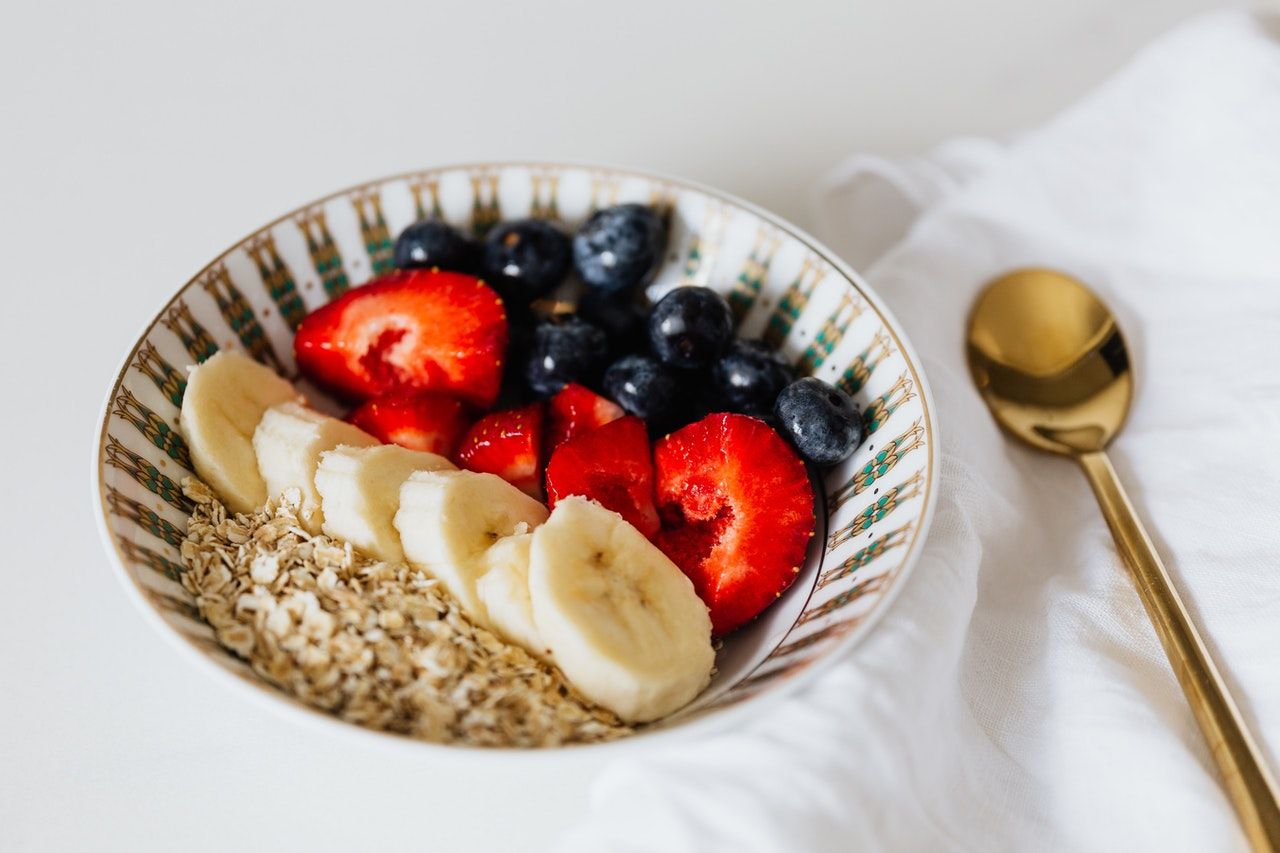
March 25, 2021
Gut health is essential in maintaining a healthy lifestyle. Your digestive process involves breaking down foods and as a result, can be responsible for problems like constipation or other issues. Getting enough nutrients, whether through food or supplements, may be able to help you prevent these uncomfortable digestive issues as much as possible. One supplement most have heard about is probiotics, because they can help with constipation. However, there’s something else that can help: a type of fiber called a prebiotic.
What Are Prebiotics?
A prebiotic is a plant fiber that stimulates the bacteria in your gut to grow. Prebiotics are basically like food for the existing gut bacteria. It’s broken down differently than other foods in that it takes longer and must go further into the intestines to digest. This means it gives the microorganisms time to feed and do their jobs, helping improve gut health and making them a must-have in your diet. Prebiotics can be found in food and also in supplements. The health of the gut has a lot to do with your response to illness. And because prebiotics are good at encouraging the production of good bacteria, they may be useful in helping to prevent some illnesses.
Prebiotics vs. Probiotics
The main difference between prebiotics and probiotics is how they help the bacteria in your gut. Probiotics are live microorganisms that add to the existing healthy bacteria already in the gut. Probiotics are live bacteria, whereas prebiotics are food for the live bacteria. Common probiotic-rich foods include yogurt, sauerkraut, and miso.
Probiotics can also come in supplement form, just like prebiotics. Probiotics are both good for your body and also your immune system. Probiotic and prebiotic benefits are tied together, meaning both should be present in a diet to see the best results.
What Foods are Prebiotic?
When buying prebiotic foods, you’re looking for fiber-rich foods with carbohydrates that aren’t digestible. These foods are the ones that won’t be digested immediately and will have time to ferment in your lower intestine where the good bacteria exist. Here’s a list of some of those great prebiotic foods:
Onions
Oats
Wheat
Chocolate
Spinach
Garlic
Blueberries
Asparagus
Apples
Chia seeds
Jerusalem Artichokes
Leeks
Beans
Nuts
Bananas
While these foods all include probiotics naturally, some foods have prebiotics added to them. Even though these foods don’t have naturally occurring prebiotics, they provide the same benefits. Foods like this will usually come with a label to let you know that they’ve been “added” or “fortified” with prebiotics. The most common products to say they’re rich in added prebiotics are loaves of bread or yogurts.
Supplements
Supplements can be a substitute or added way to get prebiotics into your diet. As stated before, prebiotics can provide added benefits to your health. There are a lot of reasons you may consider a supplement. Sometimes food isn’t enough by itself or allergies and sensitivities may get in the way of eating these specific foods. Or maybe taking a supplement just sounds simpler! If you’re considering taking a prebiotic supplement, shopping around for the right supplements is important. Whether you’re looking for a powder that can be added to your favorite recipes or a tablet you can just take with some water, there’s a type of supplement that can work best for you.
Sun Chlorella’s natural supplements can help in various ways. One way is with immune and gut health. Try our products and see if they can provide you with the benefits you’re seeking!